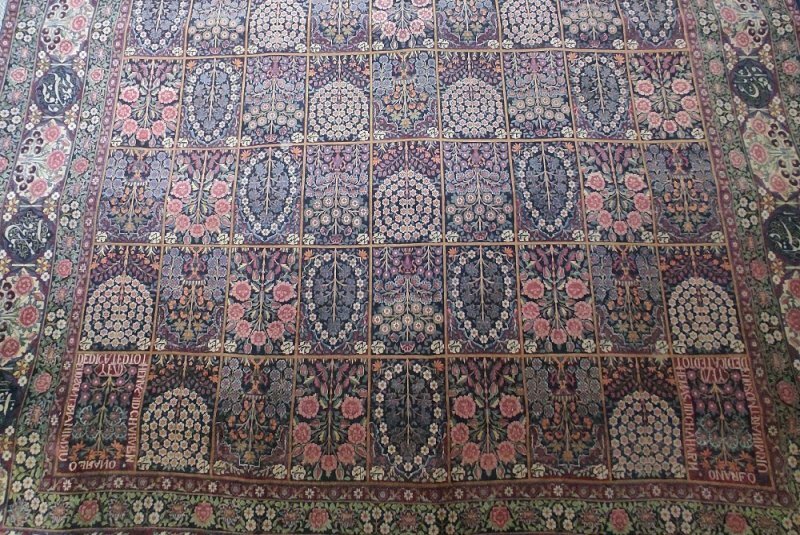Moveable properties in Yazd made national heritage

TEHRAN – A total of six moveable properties in Yazd province have recently been inscribed on the national heritage list.
The Ministry of Cultural Heritage, Tourism, and Handicrafts announced the inscriptions on Thursday in separate letters to the governor-general of the central province, CHTN reported.
Marriage certificates, manuscripts, and a carpet were among the historical properties added to the prestigious list.
In July 2017, the historical structure of the city of Yazd was named a UNESCO World Heritage. Wedged between the northern Dasht-e Kavir and the southern Dasht-e Lut on a flat plain, the oasis city enjoys a very harmonious public-religious architecture that dates from different eras.
Yazd is usually referred to as a delightful place to stay, or a “don't miss” destination by almost all of its visitors. The city is full of mudbrick houses that are equipped with innovative badgirs (wind catchers), atmospheric alleyways, and many Islamic and Iranian monuments that shape its eye-catching city landscape.
It is a living testimony to the intelligent use of limited available resources in the desert for survival. Water is brought to the city by the qanat system. Each district of the city is built on a qanat and has a communal center.
The use of earth in buildings includes walls and roofs by the construction of vaults and domes. Houses are built with courtyards below ground level, serving underground areas. Wind-catchers, courtyards, and thick earthen walls create a pleasant microclimate.
Partially covered alleyways together with streets, public squares and courtyards contribute to a pleasant urban quality. The city escaped the modernization trends that destroyed many traditional earthen cities.
It survives today with its traditional districts, the qanat system, traditional houses, bazaars, hammams, water cisterns, mosques, synagogues, Zoroastrian temples, and the historic garden of Dolat-Abad. The city enjoys the peaceful coexistence of three religions: Islam, Judaism, and Zoroastrianism.
ABU/MG
Leave a Comment